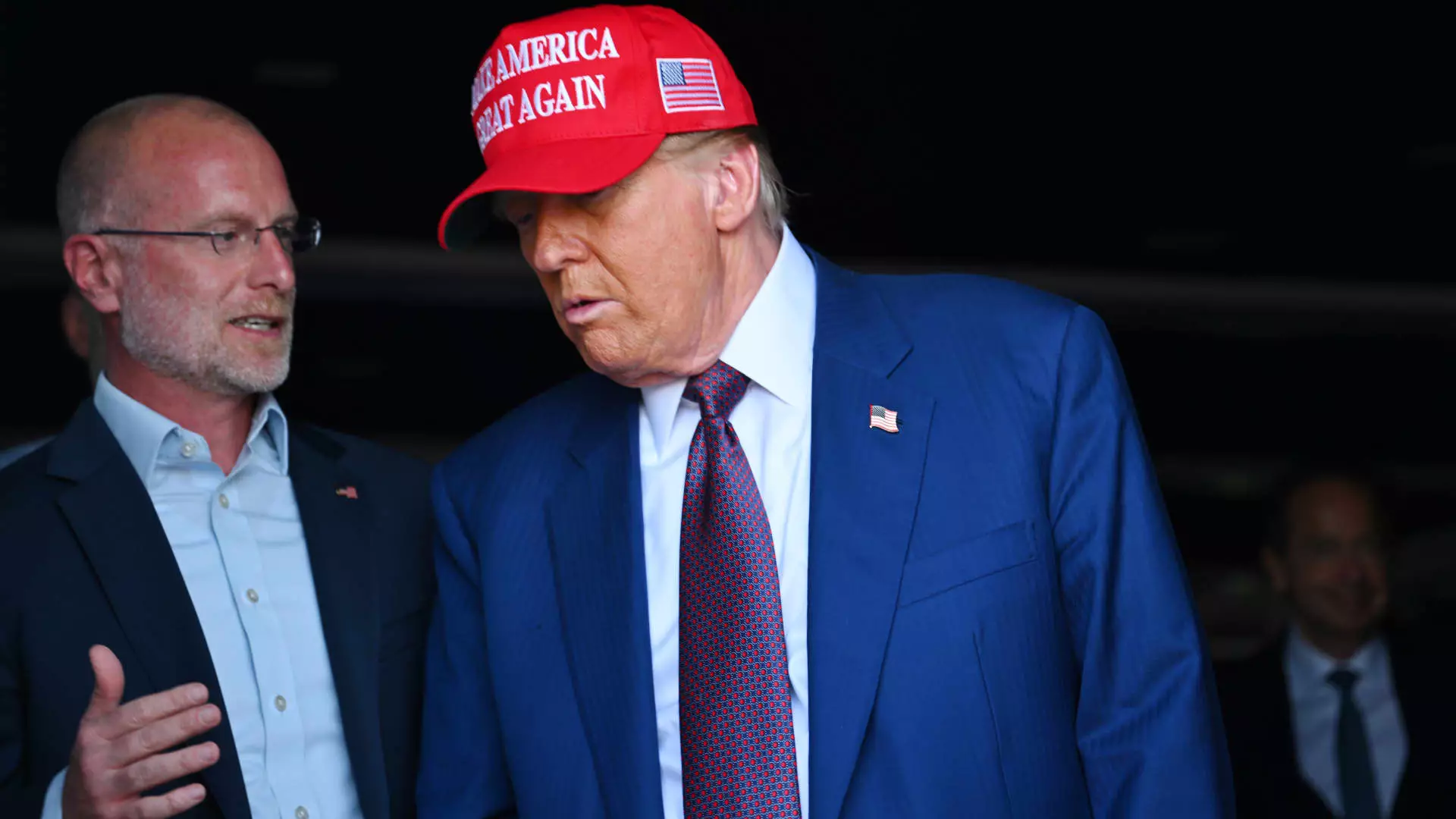The Federal Communications Commission (FCC) has initiated a significant investigation into Comcast Corporation’s diversity, equity, and inclusion (DEI) efforts. This announcement, conveyed through a letter, underscores the evolving landscape of corporate compliance and the regulatory scrutiny facing major media conglomerates. The inquiry specifically extends to Comcast’s multimedia branch, NBCUniversal, which encompasses various broadcasting and streaming platforms, including popular properties such as Peacock and its theme parks. This investigation arrives just weeks after a controversial executive order signed by former President Donald Trump, aimed at dismantling DEI initiatives across federal agencies and influencing corporate America.
The timing of this inquiry raises critical questions about the intersection of politics and corporate governance in matters of DEI, particularly in an era where media entities are under unprecedented observation. The FCC’s expanded focus could signify a broader trend of regulatory bodies reassessing the parameters of corporate responsibility and representation in major media.
In response to the FCC’s letter, a spokesperson for Comcast affirmed the company’s intention to cooperate with the inquiry, maintaining that their commitment to integrity and respect for employees and customers is longstanding. This assurance, however, finds itself juxtaposed against the FCC Chairman Brendan Carr’s expressed concerns regarding Comcast’s initiatives, which he characterizes as potentially “invidious forms of DEI.” His pointed language hints at an alarming skepticism about how these initiatives align with the FCC’s regulatory framework.
As the media landscape shifts, other major players like Disney and PBS are also recalibrating their DEI protocols. Disney’s moves to update its performance metrics and resource groups reflect a responsive approach to changing governmental pressures, while PBS has decided to shut down its DEI office entirely. This trend of contraction amidst external pressures exemplifies the larger existential dilemma facing corporations—balancing ethical commitments to diversity with regulatory compliance and potential repercussions from government oversight.
The FCC, traditionally centered around telecommunications and broadcasting regulations, is increasingly encroaching on areas that intersect with social policies. The commission’s decision to investigate Comcast highlights its eagerness to follow through on the recently stated administration agenda that questions the legitimacy of DEI practices in corporate governance. This raises a crucial dialogue about the role of federal oversight in corporate social responsibility. How far should regulators go in scrutinizing a company’s internal practices that reflect on their cultural ethos?
Should the government dictate how companies express their commitments to diversity, or does this infringe on businesses’ autonomy? As companies pivot towards maintaining vibrant and inclusive workplaces, the role of government oversight may stifle the kinds of innovative practices that drive real change.
The FCC’s inquiry serves as a litmus test for the future of DEI practices across the corporate spectrum, particularly within media companies. As industries grapple with these evolving expectations, the sustainability of DEI initiatives may hinge on balancing internal commitments with adherence to external regulatory pressures. It’s a precarious pathway, where companies must navigate the intricacies of federal mandates while trying to foster meaningful inclusion and equity.
The implications extend beyond just regulatory compliance; they touch on the core beliefs and values that inform corporate identity. In a time when employees and consumers are increasingly vocal about their expectations for diversity and social responsibility, Comcast and other media giants must consider how their public image and corporate ethos can withstand scrutiny while still making genuine strides toward more inclusive practices.
The FCC’s scrutiny of Comcast’s DEI initiatives is emblematic of a broader, more contentious environment for corporations. As the lines blur between government oversight and corporate autonomy, media giants are confronted with the necessity of reevaluating their DEI programs under an increasingly watchful regulatory eye. As various entities strive to balance compliance with the principles of diversity, equity, and inclusion, the evolving political landscape will undoubtedly shape how these initiatives develop in the future. The way forward may require a recalibrated understanding of corporate responsibility that reconciles compliance with a sincere commitment to systemic change.

